Why discuss this on a scientific integrity blog?
It reflects the same system malfunction which leads lawyers and Vice Chancellors to make unprincipled anti-academic comments about the most basic safeguards of academia in science. Do I, as an academic, have the right to see, discuss, and properly assess data (mis)represented in my name by a commercial company? Are doctors prescribing drugs allowed to see and discuss the most fundamental aspects of science underlying that prescribing decision? Does an academic studying terrorism have the right to assess and to see (and even to possess) the information he is studying? What exactly are the roles and obligations of a University and of academic leadership?
Now we have this from the Times Higher Education Supplement (17 July 2008):
On the internet, what exactly is the difference between "reading", "downloading" and "possessing"?Researchers have no 'right' to study terrorist materials, By Melanie Newman
"Academics have no "right" to research terrorist materials and they risk being prosecuted for doing so, the vice-chancellor of the University of Nottingham has told his staff."...
Mr Sabir's personal tutor Bettina Renz, a lecturer in international security, and his MA supervisor, Rod Thornton, a terrorism specialist and former soldier, have both said they told police that Mr Sabir's possession of the document was legitimate given his research interests....
[Despite this, the University in a new letter] "warned Mr Sabir that he risked re-arrest if found with the manual again" and added: "The university authorities have now made clear that possession of this material is not required for the purpose of your course of study nor do they consider it legitimate for you to possess it for research purposes."...
"Since his release without charge, Mr Sabir has been accepted to study for a PhD in radical Islam at Nottingham under Dr Thornton's supervision. His doctorate application proposes an analysis of Islamic terrorists' military and political strategy "based on primary documents, including reports published by think-tanks and research centres and documentation published or released by Islamist groups (strategic and political statements, military manuals, group manifestos and charters)"....
"Mr Sabir insisted to Times Higher Education that he had downloaded his version of the al-Qaeda manual from a US government website and that it was still freely available on the internet"....
"He said he was now unclear what he could and could not legitimately research for his PhD, given the police and the university's warning"....
"Vanessa Pupavac, lecturer in international relations at Nottingham, said: "The university suggests it is illegitimate to study the operational or the tactical as opposed to the political or strategic dimension of al-Qaeda." Scholars were interested in both dimensions, she argued."...
Oliver Blunt QC, of the Anti-Terrorism team at Furnival Chambers in London, said that academics do have a "right" to "access" terrorist materials, whether for research or otherwise, as long as they do not "possess" them. (!) He said: "Once the researcher knowingly downloads or saves the materials that he is accessing, then he is in 'possession' of terrorist materials.

The Vice Chancellor at Nottingham is quoted as follows
"There is no 'right' to access and research terrorist materials. Those who do so run the risk of being investigated and prosecuted on terrorism charges. Equally, there is no 'prohibition' on accessing terrorist materials for the purpose of research. Those who do so are likely to be able to offer a defence to charges (although they may be held in custody for some time while the matter is investigated). This is the law and applies to all universities." --- Colin Campbell, Vice-Chancellor of Nottingham University (THE, 17 July 2008)The following from Professor Scott Lucas (University of Birmigham), an open letter to the Vice Chancellor at Nottingham
The problem was never the type-set pages of Mein Kampf; rather, it was in the use of those pages to justify bigotry, racism, war, genocide. The problem was never Marx’s Das Kapital or Mao’s Little Red Book or Adam Smith’s The Wealth of Nations or the Koran or the Bible. It was, still is, and always will be the manipulation of those texts to justify the taking of lives.
Vice-Chancellor, do you think that --- through your denial of texts to us --- that you make us safer? Do you think that, by denying us our ability to think, consider, criticise that you shelter us from harm? Do you think that you protect us from ourselves, prevent us from becoming extremists? If you do, you are reducing your staff, your students, your administrators, your trustees to no more than children incapable of judgement? You go in one step from being a proud university to a fortress of ignorance.
“There is no 'prohibition' on accessing terrorist materials for the purpose of research. Those who do so are likely to be able to offer a defence to charges.” Thus we are allowed freedom of thought under the caution that we are guilty before being proven innocent. Perhaps you know, Vice Chancellor, of other societies in other times who have also maintained their standard. Perhaps you know where scholars, students, citizens have been advised that they may read their books and then, as those books are burned, explain why they have not committed a crime. Read on
What has become of us, and why do the leadership of other universities remain silent?

There are cogent comments from Edward Reid-Smith on the THES article
The situation seems to be that a small elite group is able to access and possess certain materials without being themselves "corrupted" or to be charged as terrorists .... Their decision is that others accessing and possessing the same materials will be "corrupted" or liable to be charged as "terrorists" whether or not they actually are terrorists. The 99.9% of the population not privileged will not be allowed to possess the material, and legislation will ensure that they are terrorised into not seeking knowledge about what "terrorists" actually think and do.....
The passing of legislation which leaves any community uncertain of exactly what is allowed and what is banned, presents an excellent tool for oligarchic dictatorship at whim. One may question whether non-specific legislation is the result of ineptitude, or because there is some strange pleasure to be gained from putting the populace in fear (i.e. terrorising?) seeking information.

Upper echelons of the university (businessmen) have decided that they know what constitutes "legitimate research material".
Certainly there are real and serious dangers in this world of ours. People who feel they have the right to blow other random individuals apart (or to act as apologists for others who do) are a part of that problem. Dealing with those dangers involves proper discussion as to what they are. That is what Universities are for.
A few other links about this story here, here, here. U-Tube video of Rizwaan Sabir here.
Earlier|Later|Main Page

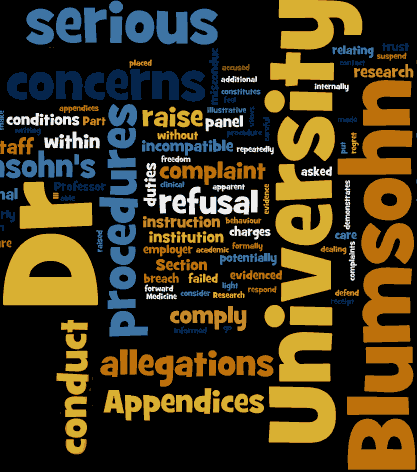
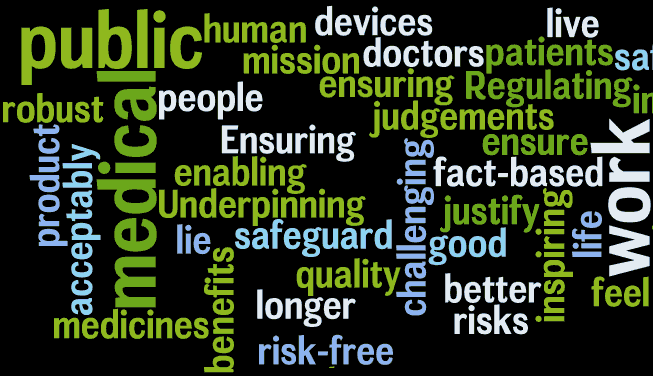
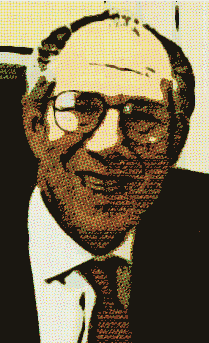 It's all very well blaming pharmaceutical companies for the decrepit state of integrity in medicine.
It's all very well blaming pharmaceutical companies for the decrepit state of integrity in medicine.

 Biomedical researchers at the University of Toronto are starting to sign a new
Biomedical researchers at the University of Toronto are starting to sign a new  f) Perhaps all of these codes serve as pretext for virtuous mumbling by groups whose very success is based on ethical failure. Morality they say is sometimes taught by the immoral. It is no surprise that Dr David Goldbloom at the University of Toronto (yes the one who fired Professor David Healy) lectures on ethical
f) Perhaps all of these codes serve as pretext for virtuous mumbling by groups whose very success is based on ethical failure. Morality they say is sometimes taught by the immoral. It is no surprise that Dr David Goldbloom at the University of Toronto (yes the one who fired Professor David Healy) lectures on ethical  "A good day ain't got no rain. A bad day's when I lie in bed and think of things that might have been."
"A good day ain't got no rain. A bad day's when I lie in bed and think of things that might have been."  One thing will be obvious to anyone who has spent time looking at scientific misconduct and academic bullying. Publicly known instances tend to aggregate within particular institutions.
One thing will be obvious to anyone who has spent time looking at scientific misconduct and academic bullying. Publicly known instances tend to aggregate within particular institutions.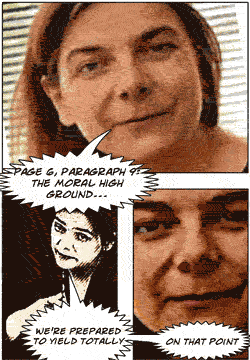
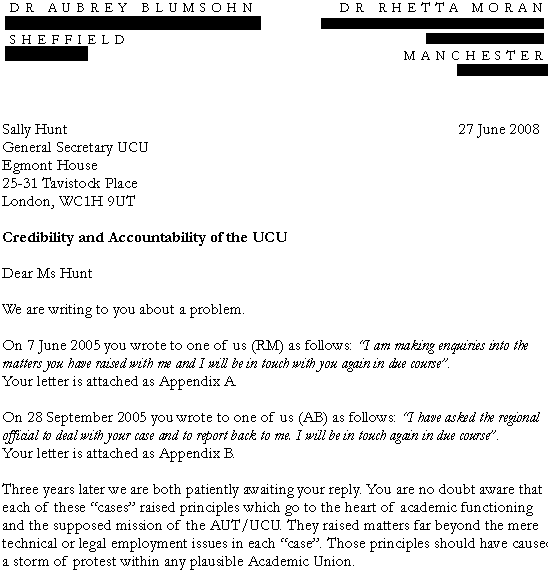

 My friend Rhetta Moran was fired from
My friend Rhetta Moran was fired from  Dr Rhetta Moran, 1 July 2008
Dr Rhetta Moran, 1 July 2008